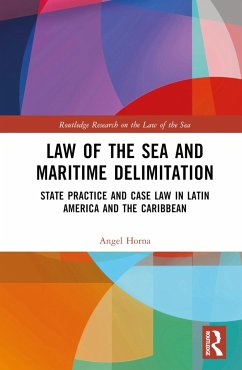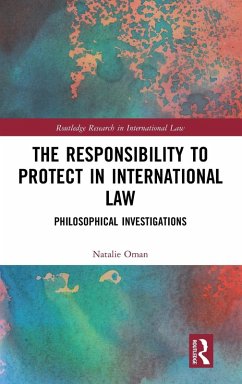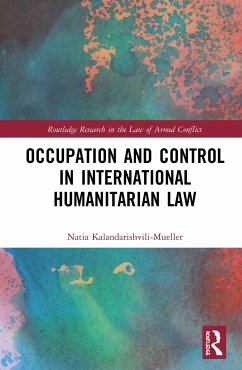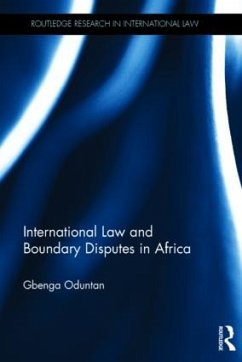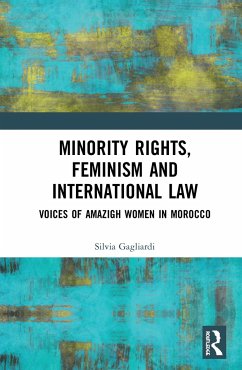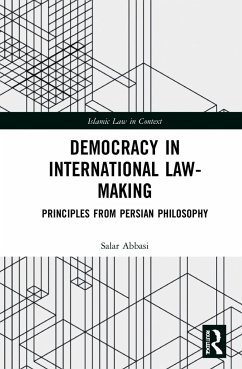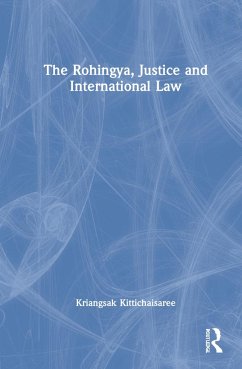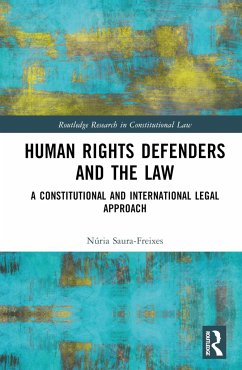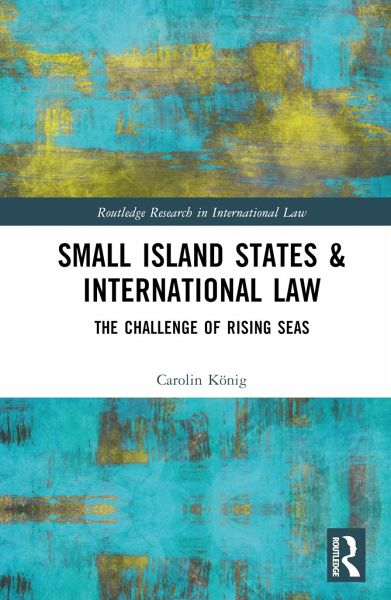
Small Island States & International Law
The Challenge of Rising Seas
Versandkostenfrei!
Versandfertig in 1-2 Wochen
149,99 €
inkl. MwSt.
Weitere Ausgaben:

PAYBACK Punkte
75 °P sammeln!
What happens under international law if a state perishes due to rising sea levels without a successor state being created? Will the state cease to exist? What would this mean for its population? Have international law and globalization progressed enough to protect the people thus affected





